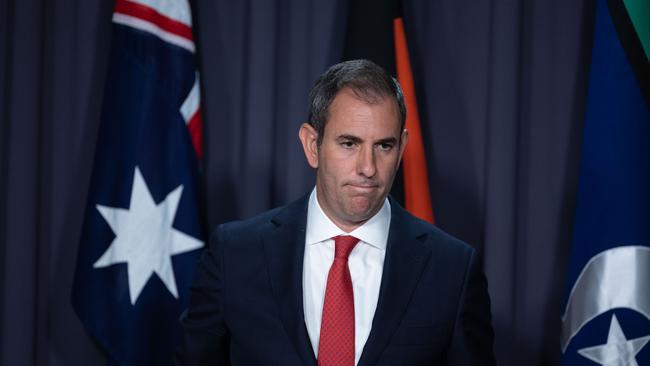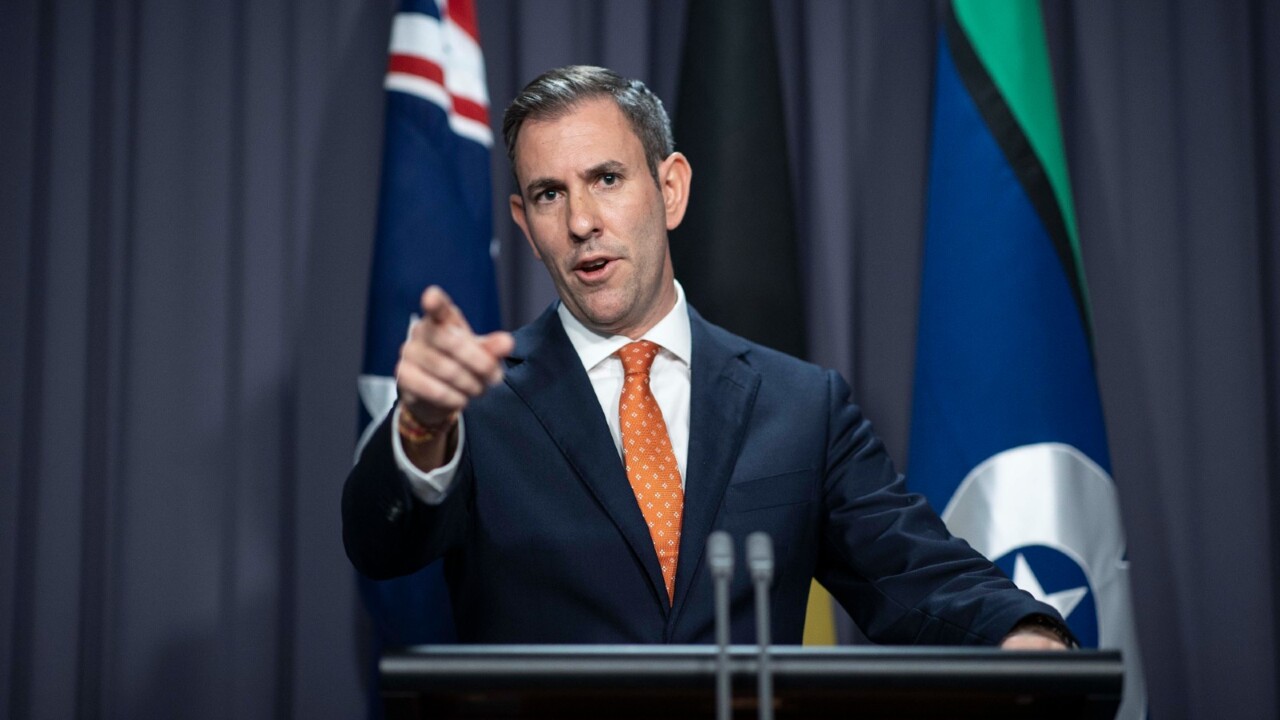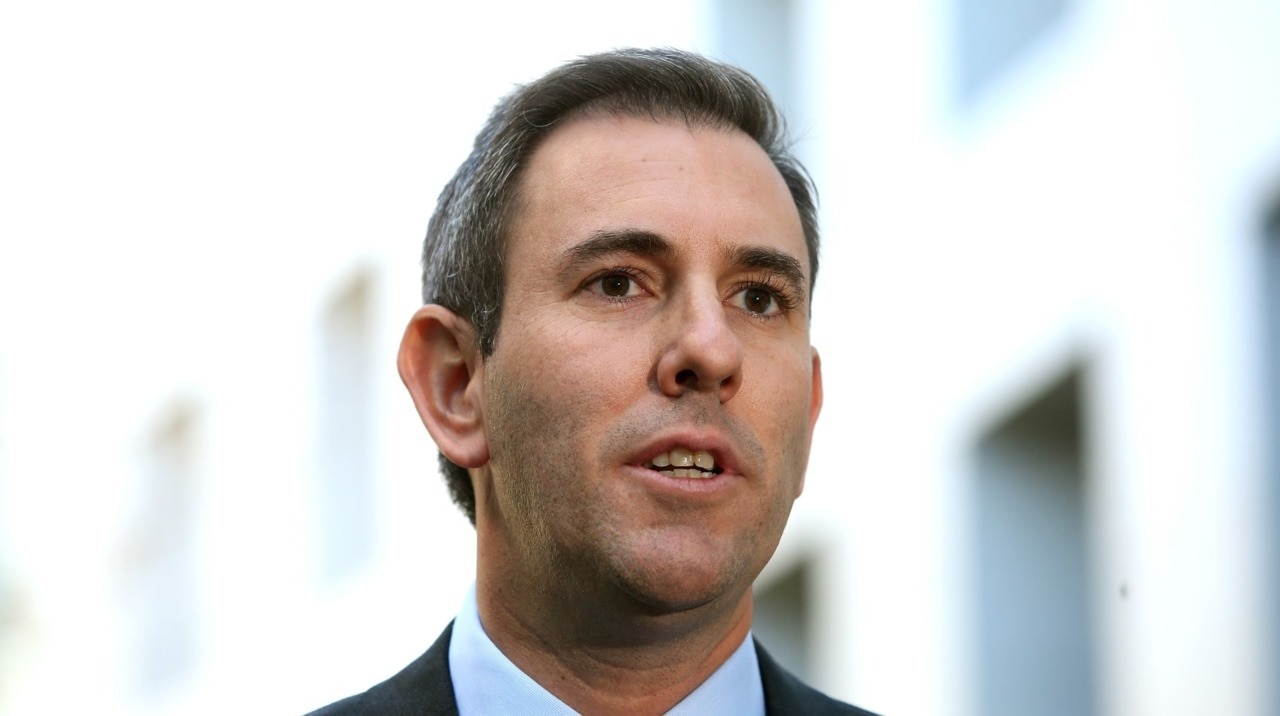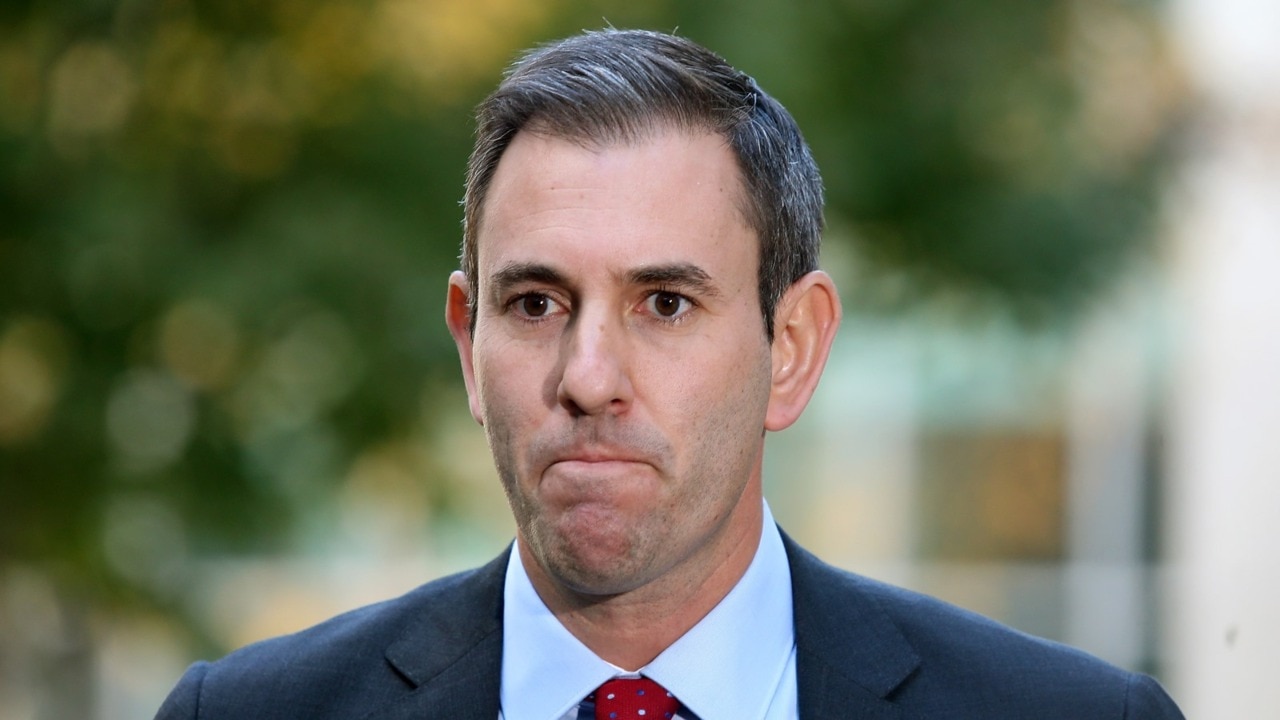
Chalmers has announced he plans to “renovate” the Reserve Bank.
But also on the government’s “renovation list” are our tax accountants, starting with the majors but almost certainly extending down the line to smaller accountants.
Clients using a ‘renovated accountant’ may find it difficult to determine whether their accountant is working for them or the Australian Taxation Office.
Then will come the issue of tariffs and other protection mechanisms which have been put on the “renovation” agenda by the union movement.
And last on today‘s schedule of “renovations” is superannuation but there are also likely to be major changes in tax.
I have no idea what the panel reviewing the Reserve Bank will come up with but from what I observed the bank board made a fundamental but simple error of judgment in suggesting that interest rates might stay low until 2024.
If the “renovation” that follows that mistake substantially weakens the independence of Reserve Bank it will damage confidence in Australia among global lenders and make it more expensive and difficult the fund our already large debt, particularly in the banking sector.
Where the Reserve Bank “renovation” should concentrate is in the bank’s information gathering systems.
The Reserve Bank took far too long to discover that after Easter 2021 Australian consumers had begun a spending spree which was not being reflected in the Reserve Bank’s out of date data collection systems.
They simply did not believe reports from people like me who were much closer to what was really happening in consumer land.
As a result the Reserve Bank took too long to raise interest rates and inflation became embedded.

The main “renovation” Reserve Bank needs is to spread its intelligence gathering around the country rather than be bunkered in Martin Place Sydney and return to past practice and have a CEO on the board who operates at the economic cutting edge such as a major retailer or transport company.
Fascinatingly the Federal Reserve in the US is also having trouble with its statistical collection systems and may well be under estimating the extent of the decline in US inflation and its overall economy.
The Commonwealth Bank warns there is an Australian crunch coming because of overborrowing during housing boom but, partly thanks to the gig economy providing additional income, it is yet to hit.
Unlike the last two years the Reserve Bank will need to get out of the bunker and be right on top of the current action in setting its policies.
We also need to look at ways of holding back inflation other than interest rates when a boom gets out of hand but that may require a very tough Treasurer prepared to slash government spending.
There are few signs of “renovation” in that area.

The nation had a warning in the in the final months of the coalition government that the Australian Taxation Office was looking to “renovate” the Australian accounting profession.
A 2022 draft ruling on trusts indicated that many of the previously approved family arrangements were likely to be blocked.
But the ATO draft went further. Those accountants who advised on the previously approved but now to be rejected arrangements could be struck off the tax accountants register. Suddenly accountants could lose their business if they gave advice to clients the ATO did not like.
There was a hasty retreat but the idea that the accountant had a duty to the ATO that was greater than duty to the client had been planted.
Accountants came on the 2023 “renovation” list when allegedly PwC used information while working for government to advise clients.
Now the ATO demands that when big accountants discover loopholes they should notify the ATO rather than use them for their clients. We’re taking a step towards the ATO gaining greater power over accountants via the licence to operate.
An integral part all the so called “neoliberal” philosophy that both Keating and the Coalition embraced was low protection levels. But the government is about to impose a series of carbon emission charges that will boost the costs of those enterprises that can’t off set them.

Among the enterprises likely to be impacted is steel and the unions have suggested that a tariff or some other protection mechanism will be required to avoid lower cost steel producers in countries, like China, who don‘t impose the same emission charges on their steelmaking.
The unions say skilled jobs will be at stake if this unfair competition is allowed to take place.
The government has not been required to take a position but it will be under great pressure to link its carbon measures with a “renovation” to the protection levels provided for industries that are hit hard.
Finally superannuation. The government has signalled but the amount of superannuation that a person can hold should be limited to $5 million. That will not cause a revolution but much lower levels are a different story.
The old question of franking credits will almost certainly emerge as a possible area of more “renovation”.
The ALP completely hashed its franking credits approach in the 2019 election which probably cost Bill Shorten the prime ministership.
I doubt whether Chalmers will take it on again, but you never know.








Australians need to prepare for the greatest “renovation boom” in our peacetime history as the spirit of Treasurer Jim Chalmers’ “value-based capitalism” spreads through the government.